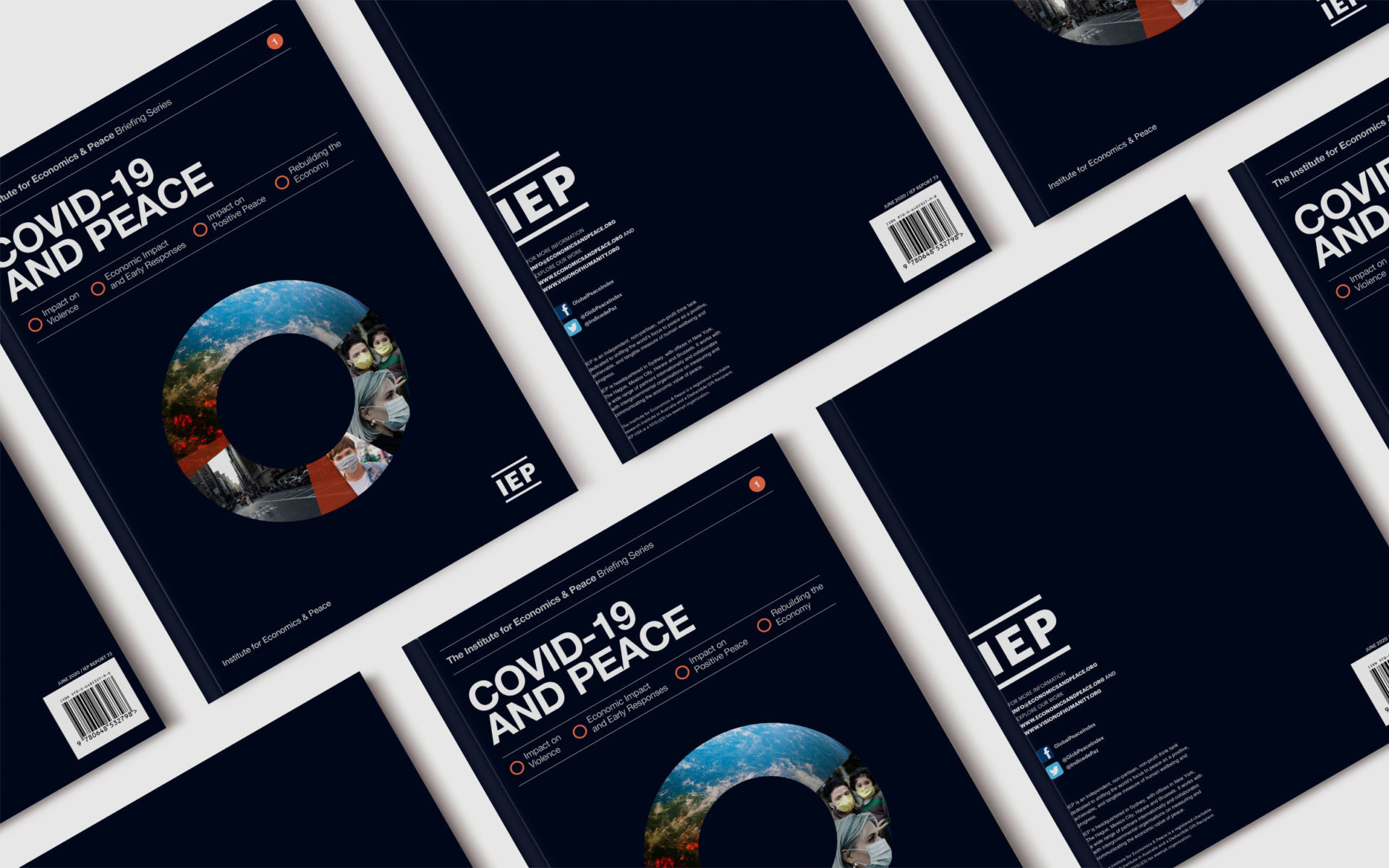Why did the COVID-19 pandemic spread so quickly among the most developed nations in the world?
The COVID-19 pandemic has been the most disruptive infection outbreak of the 21st century. The pandemic started in Wuhan, China, in late 2019 and by early 2020 had spread globally. By late May 2020, the virus had resulted in 370,000 deaths worldwide, around 12 per cent of identified and closed cases. It is possible that this mortality rate is overstated, as the low testing numbers in the initial phase of the pandemic allowed many cases to pass undetected.
In response, authorities employed containment measures including social isolation and business closures, resulting in a sharp economic downturn. COVID-19 has affected countries regardless of their levels of socio-economic development, unlike other epidemics this century which have mostly impacted countries with low to medium levels of Positive Peace.
Related topics: Pandemic and Democracy. A Troubled Relationship – Black markets and the COVID-19 crisis – Ubuntu In The Time of COVID-19

Epidemics tend to be more prevalent among countries with low levels of socio-economic development. This is because of the lower levels of nutrition, sanitation, water treatment and access to quality health care prevailing in these countries. Therefore, a key question being posed is why did COVID-19 spread so quickly through some of the most developed countries in the world, such as the US, Italy, Spain and the UK?
The distinguishing factor was the high levels of air travel prevailing in these countries, which facilitated contagion. In fact, the correlation between the extent of air travel and the number of COVID-19 infections by May 2020 is very high. In some cases an infected person may develop symptoms only two weeks after having contracted COVID-19. Further, some infected persons may never develop any symptoms at all. This means that people may have transmitted the virus to others without even realising it. In places with high levels of air travel, as is the case in tourism hubs such as Italy, Spain or the UK, it was easier for an outside virus to spread and infect the locals.

Download the full COVID-19 and Peace report here.
EDITOR’S NOTE: The opinions expressed here by Impakter.com columnists are their own, not those of Impakter.com.










